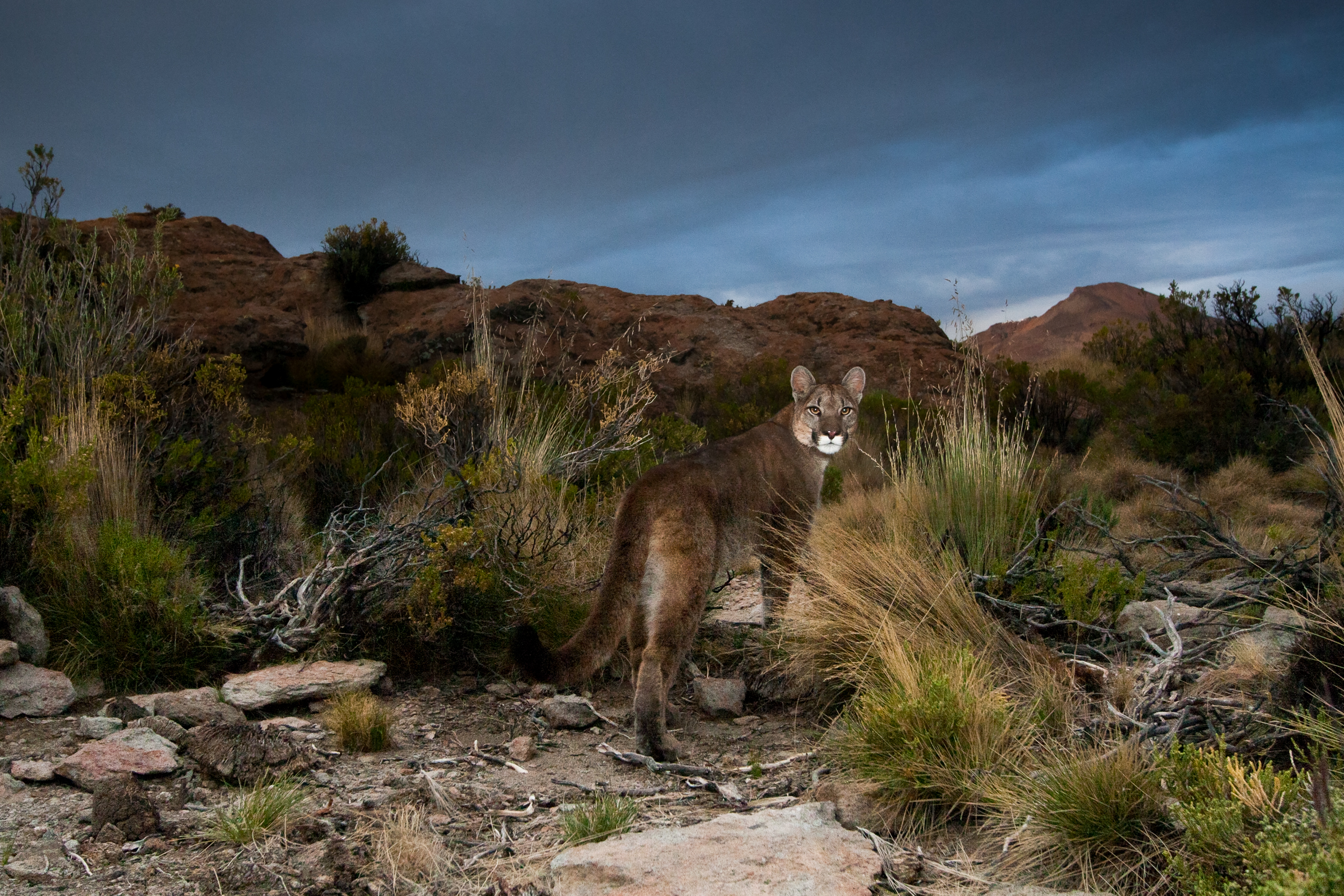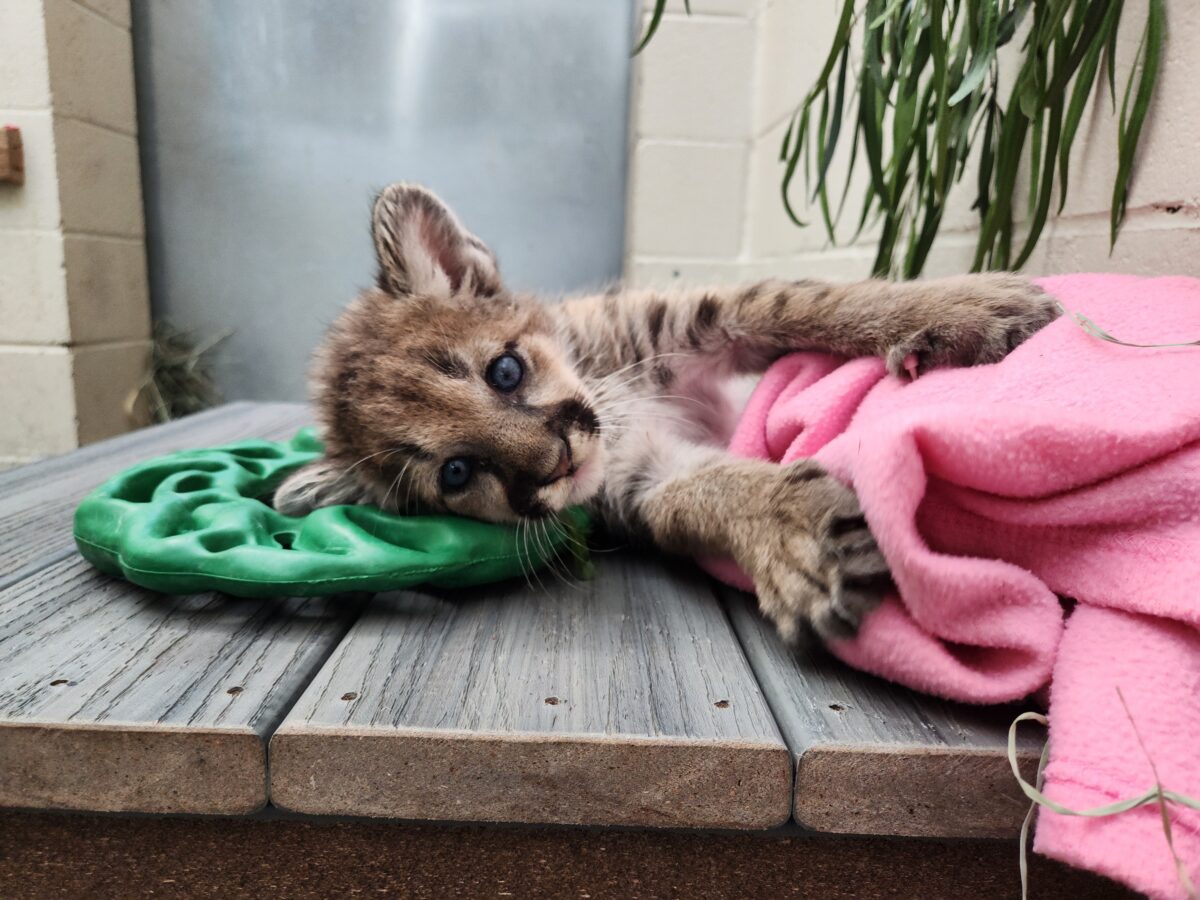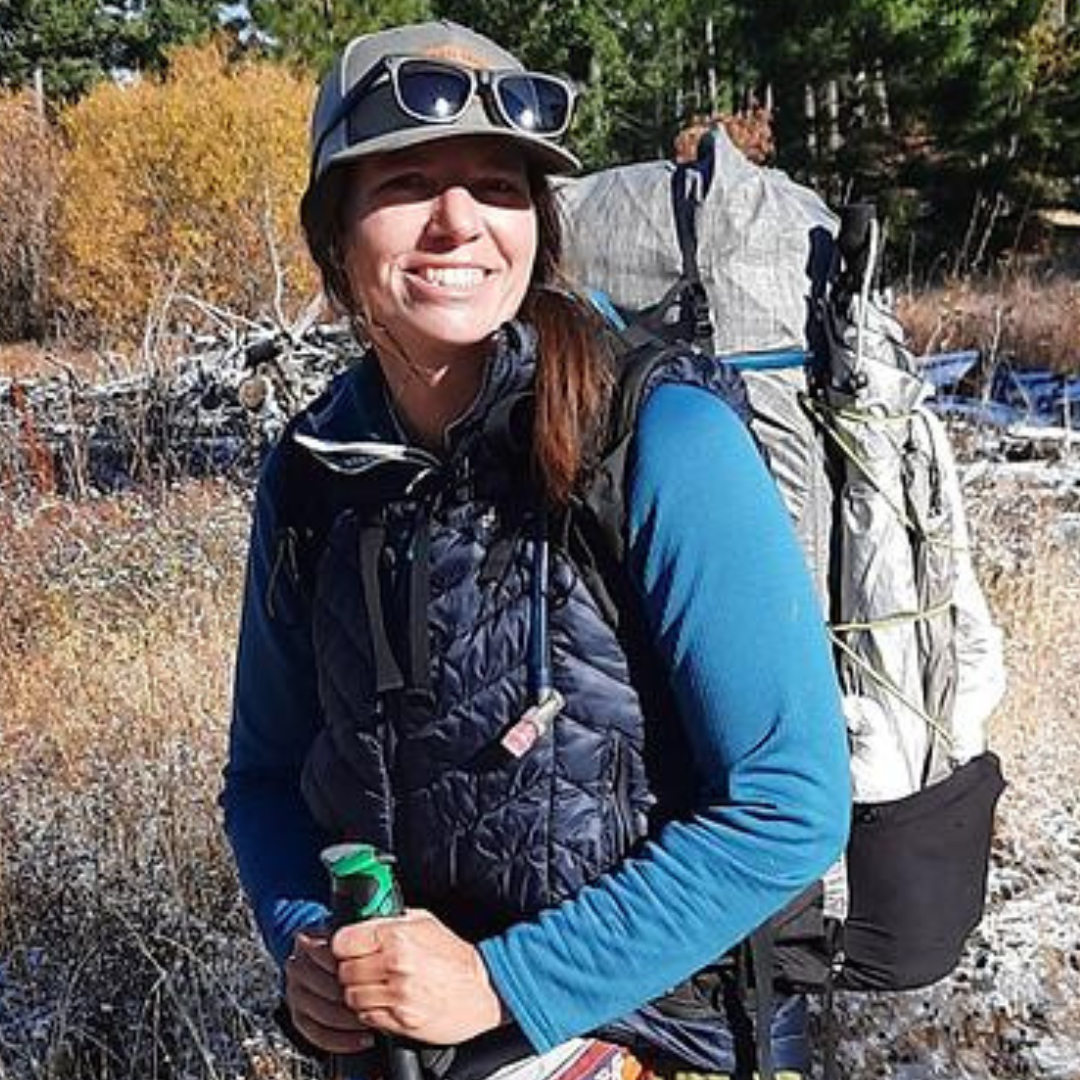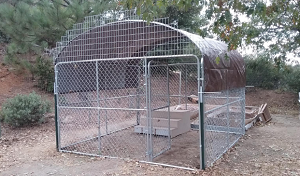The Secret Life of Mountain Lions on Vimeo
3/1/16 A 6-minute video by The Secret Life of Mountain Lions
Narrated by Chris Morgan (PBS, BBC, National Geographic), this video contains extraordinary footage captured with motion-triggered cameras from Panthera’s Teton Cougar Project.
About “The Secret Life of Mountain Lions”
Deep in the Wyoming wilderness, a cougar named F61 gives birth to three spotted kittens. F61’s kittens will depend on their mother for food and protection, and to teach them how to thrive as adults. But survival is no easy task for cougars inhabiting the northwest corner of the Wind River Range near Grand Teton National Park. Frigid winters, wolves, and trophy hunters pose serious threats to vulnerable young cougars, with fewer than 20% percent surviving long enough to leave their mother’s territory. Considerably fewer survive long enough to have a family of their own.
Born to be wild and social, F61’s kittens play, groom, and rest as their mother keeps them in line — a nurturing parent who affectionately tends to her young when they show fear or discomfort. But even vigilant F61 can’t shield her kittens from the harsh realities of growing up in the wild. Or promise them safety when they’re ready to search for a new home.
The Secret Life of Mountain Lions is an intimate view of North America’s second-largest cat (with jaguars being the largest) and shows us that cougars are not the solitary or heartless animals that people once thought they were. Rather, we now know that social bonds are critical to their survival, as is our capacity to recognize the cougar’s rightful place in nature.
Panthera’s Teton Cougar Project
This year, Mountain Lion Foundation has teamed with Panthera to fight threats to mountain lions in the United States. We are thrilled to bring you this glimpse into the work of Dr. Mark Elbroch and Panthera’s Teton Cougar Project.
Panthera’s Teton Cougar Project has been conducting research on cougars in this rugged mountain landscape since 2000. By placing motion-triggered cameras at cougar dens, feeding sites, and other hidden locations, biologists with Panthera’s Teton Cougar Project have made fascinating discoveries about the social bonds between cougars and the behaviors passed down from one generation to the next.
Young kittens learn rapidly from interactions with their mother and siblings, exhibiting behaviors like stalking and caching from an early age. The obvious affection between family members — displayed through vocalizations, physical contact, and other cues — persists until kittens disperse as sub-adults. Importantly, mothers teach their kittens that social interactions conducted around food differ radically from those occurring at dens or day beds. Family meals are sometimes even shared with other adult cougars.
This research has also unveiled the rare and remarkable occurrence of adoption in cougars, where adult females take on orphaned kittens that would otherwise perish. As our understanding of cougar behavior continues to grow, so too can our ability to co-exist with these amazing and complex animals.
Mountain Lion Foundation
We believe that mountain lions are in peril, and that our nation is on the verge of destroying this apex species upon which whole ecosystems depend.
For 30 years, the Mountain Lion Foundation has advocated for lions in every state where the big cats occur. We say that hunting mountain lions is morally unjustified and that killing lions to prevent conflicts is ineffective and dangerous.
There is a critical need to know more about the biology, behavior, and ecology of mountain lions. Governments should base decisions upon truthful science, valid data, and the highest common good.
Together, we can save America’s lion.
Your membership will:
- Allow us to continue our battle to ban the out-dated blood-sport of trophy hunting lions.
- Empower the Foundation to fight the fear and ignorance which results in the death of almost 4,000 mountain lions in the United States every year.
- Provide assistance and support to local lion activists who are struggling to protect their resident lions.
- Contribute to the growing body of scientific knowledge about Puma concolor.
- Support our efforts to save mountain lions by protecting people, pets and livestock.
- Aid the Mountain Lion Foundation in giving a voice to the mountain lion throughout the never-ending review of unscientific lion management plans, laws and regulations.



 Facebook
Facebook Twitter
Twitter Send Email
Send Email


